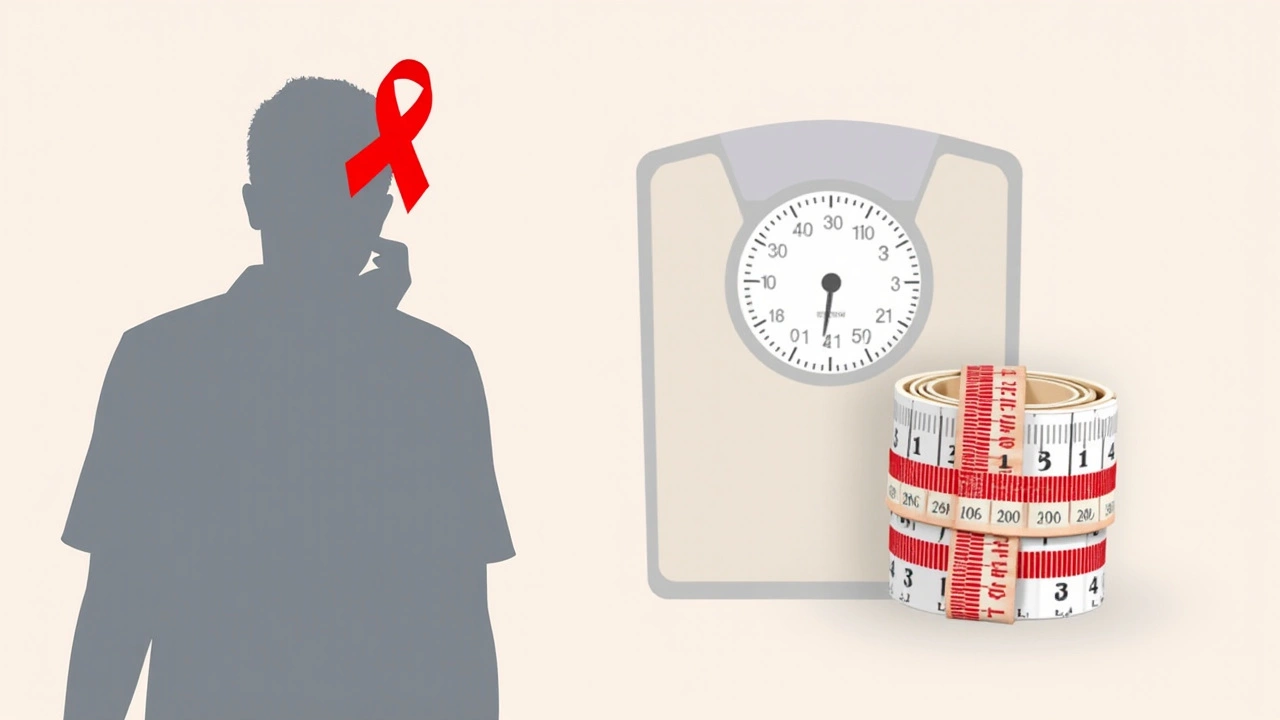Personalized Cancer Care: What It Means for You
When you hear the word "cancer," you probably picture a one‑size‑fits‑all approach – chemo, radiation, surgery. That’s changing fast. Today, doctors are using a patient’s own genetic makeup, lifestyle, and tumor details to design a treatment plan that fits like a glove. This is what we call personalized cancer care, and it’s reshaping the fight against the disease.
Why Personalized Care Matters
Every tumor is unique. Two people with the same type of breast cancer can have completely different DNA mutations driving the growth. A standard chemo regimen might work for one and cause severe side effects for the other. By looking at the specific mutations, doctors can pick drugs that directly target those flaws, often with fewer side effects. That means patients spend less time in the hospital and more time living their lives.
Personalized care also helps catch the disease early. Blood tests that detect tiny bits of tumor DNA can flag a relapse before a scan shows it. Early detection gives a better chance of a cure and reduces the need for aggressive treatments later on.
How It Works in Practice
First, the medical team runs a series of tests. A biopsy provides tumor tissue, which is then sequenced to reveal the genetic mutations inside. Blood samples may also be taken to look for circulating tumor DNA. These results are fed into a database that matches mutations with drugs that have proven effective.
Next, the oncologist builds a plan. If a lung tumor has an EGFR mutation, a targeted pill can block the growth signal. If a breast cancer shows HER2 overexpression, a monoclonal antibody can zero in on those cells. In many cases, doctors blend targeted drugs with traditional chemo or radiation to get the best result.
Throughout treatment, the patient’s response is monitored closely. Imaging, blood tests, and symptom check‑ins help the team tweak the plan in real time. If a drug stops working, a new target can be identified and a different medication introduced, all without starting from scratch.
Insurance coverage can be a hurdle, but many providers now recognize the long‑term savings of avoiding ineffective treatments. Hospitals often have financial counselors who can help patients navigate approvals and find assistance programs.
Personalized cancer care isn’t just for rare cancers. Major hospitals are expanding the approach to common cancers like colon, prostate, and melanoma. As more research comes out, the list of actionable mutations grows, giving even more patients a chance at a custom plan.
Finally, remember that personalized care includes the patient’s preferences. Some may prioritize quality of life over aggressive therapy. A good oncologist will discuss options openly, making sure the plan aligns with what matters most to you and your family.
In short, personalized cancer care turns a vague, frightening diagnosis into a clear roadmap. By matching the right drug to the right mutation, and by keeping the patient’s voice at the center, the odds of success improve and the treatment journey becomes less overwhelming.
If you or a loved one are facing cancer, ask your doctor about genetic testing and targeted therapies. The more information you have, the better you can shape a treatment plan that works for you.

- Feb, 4 2025
- Comments 0